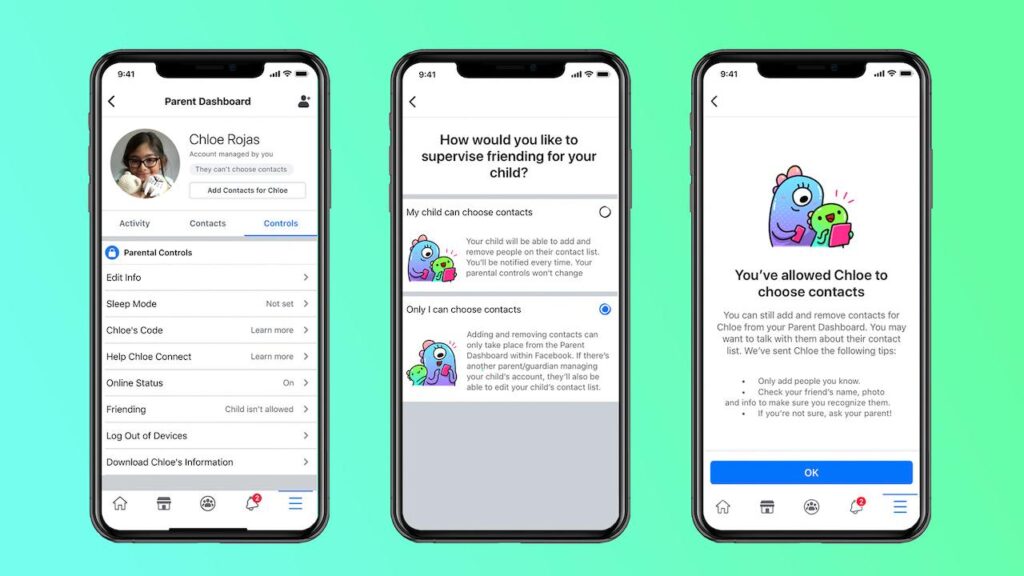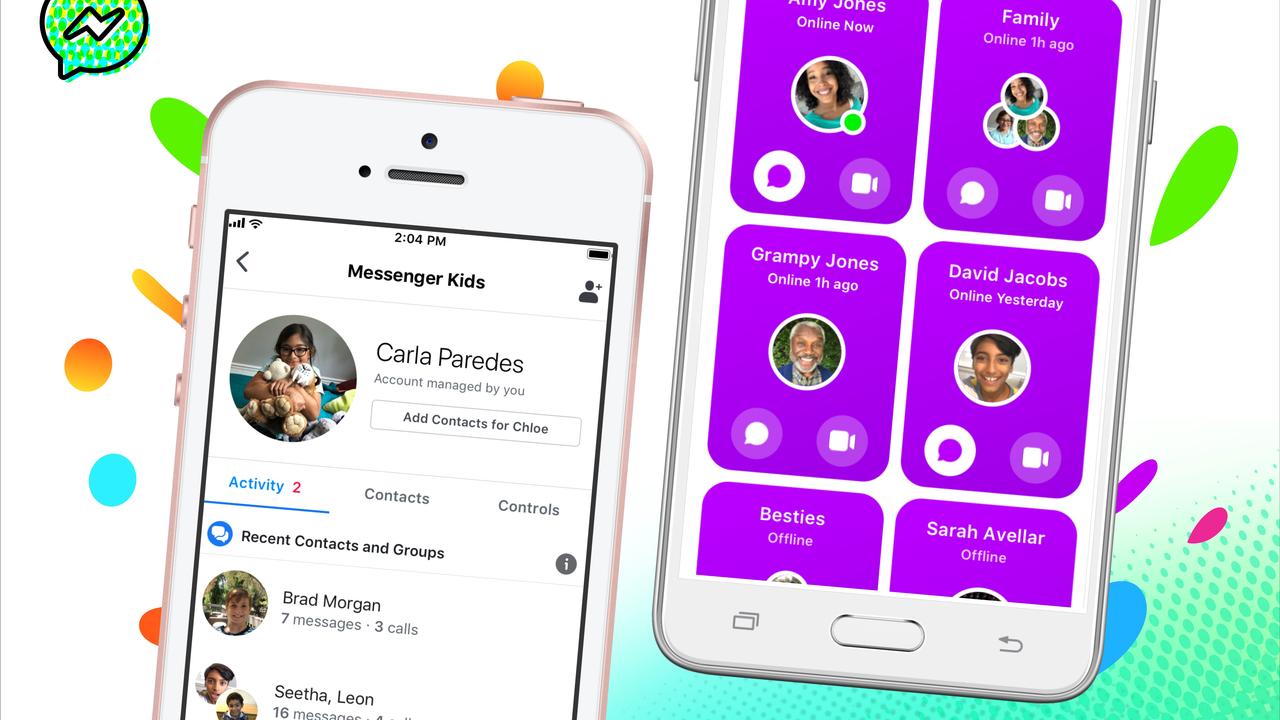The Federal Trade Commission (FTC) has accused Meta, previously known as Facebook, of misleading parents and failing to protect the privacy of children using the Messenger Kids app. The FTC claims that Meta misrepresented the access to private user data it provided to app developers.
Proposed changes to 2020 privacy order
On Wednesday, the FTC proposed significant changes to a 2020 privacy order with Meta that would prevent the company from profiting from data collected on users under 18, including data gathered through virtual reality products. The FTC maintains that Meta has not fully complied with the 2020 order.
If enacted, the proposal would impose more restrictions on Meta. Limits on face-recognition tech usage and extra privacy protections for users would be required.
FTC’s Bureau of Consumer Protection Director Samuel Levine stated, “Facebook has repeatedly violated its privacy promises. The company’s recklessness has put young users at risk, and Facebook needs to answer for its failures.”
Meta responds to allegations
Meta called the FTC’s announcement a “political stunt” and criticized the commission for not providing an opportunity to discuss the new, unprecedented theory. The company added that the FTC is attempting to “usurp the authority of Congress” by singling out Meta while allowing Chinese companies like TikTok to operate without constraints on American soil. Meta plans to “vigorously fight this action and expect to prevail.”
Messenger kids controversy
Launched in 2017, Messenger Kids was marketed as a way for children to chat with family members and friends approved by their parents. Facebook initially stated that the app would not display ads or collect data for marketing purposes. Child-development experts swiftly voiced concerns. They argued the app created a need for messaging among kids without social media accounts.

The FTC now claims Meta didn’t offer enough parental control in the Messenger Kids app. The commission alleges that between 2017 and 2019, children could communicate with unapproved contacts. This happened in group chats and video calls under specific circumstances.
As part of the proposed changes to the 2020 order, Meta faces new requirements. They must pause launching new products and services. This pause will last until an independent assessor confirms full compliance with the order.
Organizations like the American Economic Liberties Project support the FTC’s proposal. They emphasize the importance of protecting children and families. This protection targets Meta’s business practices.













